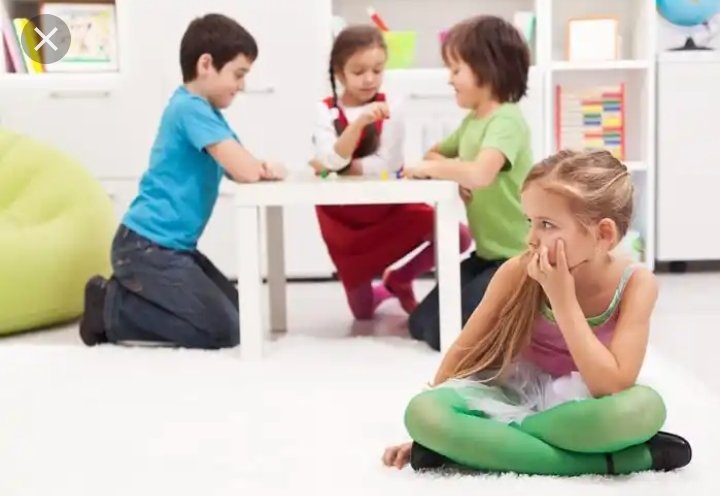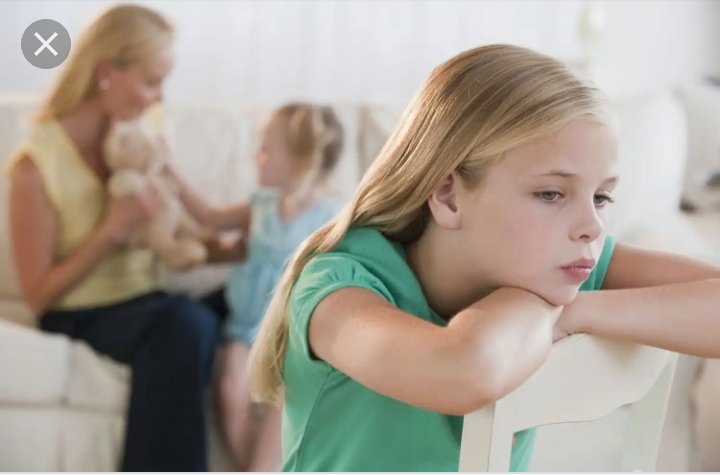Comparing a child with another—what's worse with his or her sibling(s)—could be very detrimental.

It's high time parents realized the difference in abilities and personalities of their children.
No child can be the same as the other even though they are born together.

A child who lives in a family where he or she is often compared with other children could develop an inferiority complex. This may cause the child while growing up to overcompensate in a number of ways.
Parental attitudes and upbringing such as disapproval, negative remarks—instead of positive reinforcement and evaluations of behavior—emphasizing mistakes and shortcomings with less encouragement in successes—determine the attitude of the child before a certain age such as the age of six.

When a child develops inferiority complex as a result of constantly being compared with another, there are greater chances of the child growing up with a feeling of insecurity in relationships and low self-esteem, assuming the worst, feeling the need to withdraw in social situations and thereby seeking social approval, often feeling down on oneself, inability to reach his or her goals or feeling “stuck”—wanting to easily give up and experiencing anxiety and depression.
Also, comparing a child with another could cause the child to portray some outward displays, with behavior or attitudes ranging from attention seeking to excessive competitiveness and aggression, in an attempt to compensate for their either real or imagined deficiencies.
A child with low self-esteem has the tendency to over-analyze compliments and criticisms, continuously looking for validation and praises from others, withdrawing from family, friends, and colleagues—as they grow up—especially in social situations, attempting to make others feel insecure in order to make up for the feelings of inadequacy and refusal to participate in competitive events for fear of being compared to others.
To add to that, the consistent showering of love to one child could also be detrimental to the other. As The child grows up, he or she would seek that which was missing in their childhood.

An infant needs love from the parents. If the love is not forthcoming or if it is not sufficient in quantity, then the infant's ego will become fragile and unstable. The less the love that the child received, the greater is the need for the confirmation of one’s self by other people. It is usually through favorable, satisfying relationships that the person seeks to fulfill themself, psychologically rather than pleasurably.
The affected child could spite the one who is constantly showered with love and thereby develop envy, jealousy and hatred.
Comparison as a whole leads to disorder in the family. Yes! Of a truth, the children should be loved equally by both parents regardless of what their flaws are.
So here is my answer to the question
❓
If and when I raise children, I'll never compare them with one another or even with other kids.
Thank you for reading through my blog 😊I am @yhubee